detail profile triin tenso

Riwayat Hidup
Triin Tenso is an Estonian stage, film and television actress and filmmaker.
Tenso began her career in the prominent role of Kerli in the 2007 Ilmar Raag-directed drama The Class, which focused on the sustained bullying of two boys at a secondary school that ultimately leads to a school shooting.
The following year, Tenso joined the cast of the popular, long-running Eesti Televisioon (ETV) drama series Õnne 13 as the character Sonja and appeared in the role of Kelly in the René Vilbre directed drama Mina olin siin (I Was Here).
In 2010, she reprised her role of Kerli for Klass: Elu pärast (The Class: Life After), a television miniseries that follows up on the aftermath of the school shooting in the film The Class.
In addition to acting, Tenso has worked in a variety of positions on a number of films and television series, such as a focus puller, lighting technician, camera assistant, still photographer, first assistant director, assistant director, script supervisor and gaffer.
Info Pribadi
Peran Yang Di Mainkan Triin Tenso
 At the height of the Cold...
At the height of the Cold...Firebird 2021
At the height of the Cold War, a troubled soldier forms a forbidden love triangle with a daring fighter pilot and his female comrade amid the dangerous surroundings of a Soviet Air Force Base.
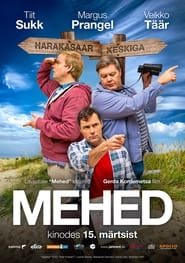 Three male friends decide to travel...
Three male friends decide to travel...Men 2019
Three male friends decide to travel to Harakasa, a city far from Tallinn because Veikko needs to solve a problem there.
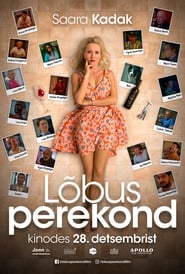 Artur is an Armenian guy who...
Artur is an Armenian guy who...Happy Family 2018
Artur is an Armenian guy who dreams about a career in filmmaking, but his grandfather wants him to take over the family wine business. When a bad review from an Estonian critic threatens to ruin the family business, Artur has to go to Tallinn to set things straight. There he meets the feisty Ingrid and things take an unexpected turn.
 A secluded fast food joint next...
A secluded fast food joint next...The End of the Chain 2017
A secluded fast food joint next to an empty parking lot, where it's good to go because nobody recognizes you there. On a rainy autumnal day, people show up one after the other – all of them on the verge of a breakdown – or perhaps a breakthrough? The main character, Waitress, sees and absorbs it all. One by one – through their personal drama – the clients push the Waitress towards her own edge.
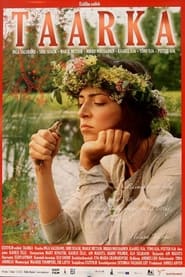 The first film in the Seto...
The first film in the Seto...Taarka 2008
The first film in the Seto language in the world speaks about the brightest heroine of a small people, the folk singer Hilana Taarka, a woman who lived her whole life as an outcast in a small chimney-less hut; as an unmarried mother of children in poverty, begging her bread, doing odd jobs and singing. She always sang the truth, sometimes bitter, sometimes funny, sometimes cruel. She was feared, despised and coveted. Taarka sang throughout her remarkable life, throughout her fate, from a small Seto village to international fame. And she sang well. Really well. Taarka became the Mother of the Song, a legend. But as a woman, as a member of the community, the Seto people never really accepted her. Taarka - a despised woman and a worshiped singer.
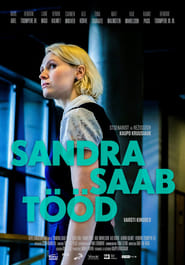 Doctor of Physics Sandra suddenly loses...
Doctor of Physics Sandra suddenly loses...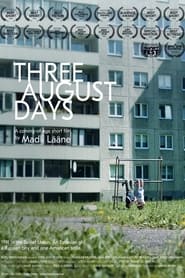 In the midst of the political...
In the midst of the political...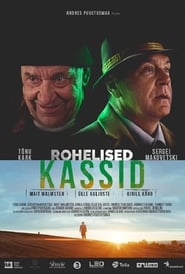 This is a story of two...
This is a story of two... Fleeing from the Russian secret police...
Fleeing from the Russian secret police... Living alone in an Estonian slum...
Living alone in an Estonian slum...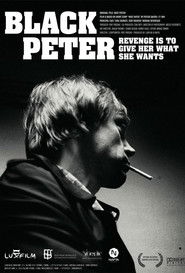 Peter and his wife have dinner...
Peter and his wife have dinner...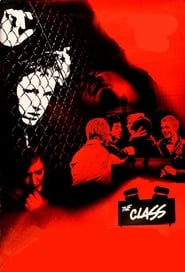 An average guy of an Estonian...
An average guy of an Estonian...